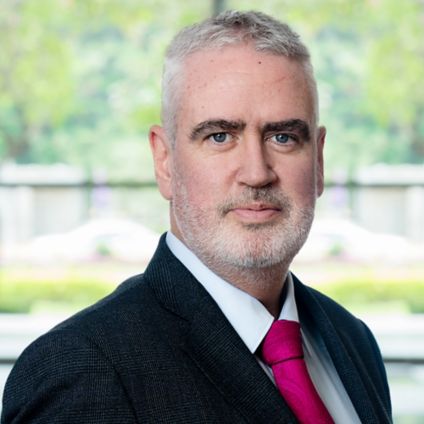Current incremental levels of change insufficient to meet global net zero ambitions by 2050, says KPMG report
KPMG report finds that, currently, countries will be unable to meet net zero by 2050
Countries currently unable to meet net zero by 2050
Governments and industry must deliver transformative change on net zero but are currently hamstrung by significant barriers, including global public debt, domestic tensions, increased opposition to decarbonization plans, and the need to guarantee energy supply, according to KPMG’s 2023 Net Zero Readiness Report.
Despite incremental momentum and specific successes such as the scaling up of low-carbon energy production from some of the world’s largest emitters, including the US, China, Brazil, Canada and the EU, progress is constrained by a backlash over the cost of decarbonization and conflict over its domestic impact.
Through conversations with national climate change experts in 24 markets and across 6 economic sectors, the report highlights those that are leading the charge in their progress towards net zero, and those where it is taking place more slowly.
In certain markets and sectors, the impact of low carbon projects on local wildlife, biodiversity and communities is triggering a rise in ‘green on green’ conflicts, causing clashes between renewable projects and the local environment.
On an individual country level, meaningful progress is hindered by opposition to measures that are perceived to have a considerable cost to people’s livelihoods.
In fast-growing economies, rapidly increasing energy demand is triggering investment in both low carbon and fossil fuel generation, leaving certain countries, such as India, unlikely to reach net zero until 2070, while in China, coal consumption is projected to rise until 2025.
Progress across different sectors is varied. Despite worldwide variation in adoption levels, the significant growth in the sales share of EVs is a global success story in how rapidly some sectors can decarbonize. However, within the international aviation and shipping industries, the pace of change is considerably slower and the goal of reaching net zero by 2050 hinges on significant increases in the production of Sustainable Aviation Fuels (SAFs), as well as government incentives.
For media queries, please contact:
Brian O’Neill, Senior Manager, Global External Communications
T: +44 (0)7823 668 689
E: brian.oneill@kpmg.co.uk
About KPMG International
KPMG is a global organization of independent professional services firms providing Audit, Tax and Advisory services. KPMG is the brand under which the member firms of KPMG International Limited (“KPMG International”) operate and provide professional services. “KPMG” is used to refer to individual member firms within the KPMG organization or to one or more member firms collectively.
KPMG firms operate in 143 countries and territories with more than 265,000 partners and employees working in member firms around the world. Each KPMG firm is a legally distinct and separate entity and describes itself as such. Each KPMG member firm is responsible for its own obligations and liabilities.
KPMG International Limited is a private English company limited by guarantee. KPMG International Limited and its related entities do not provide services to clients.
For more detail about our structure, please visit kpmg.com/governance.
Connect with us
- Find office locations kpmg.findOfficeLocations
- kpmg.emailUs
- Social media @ KPMG kpmg.socialMedia
Stay up to date with what matters to you
Gain access to personalized content based on your interests by signing up today



